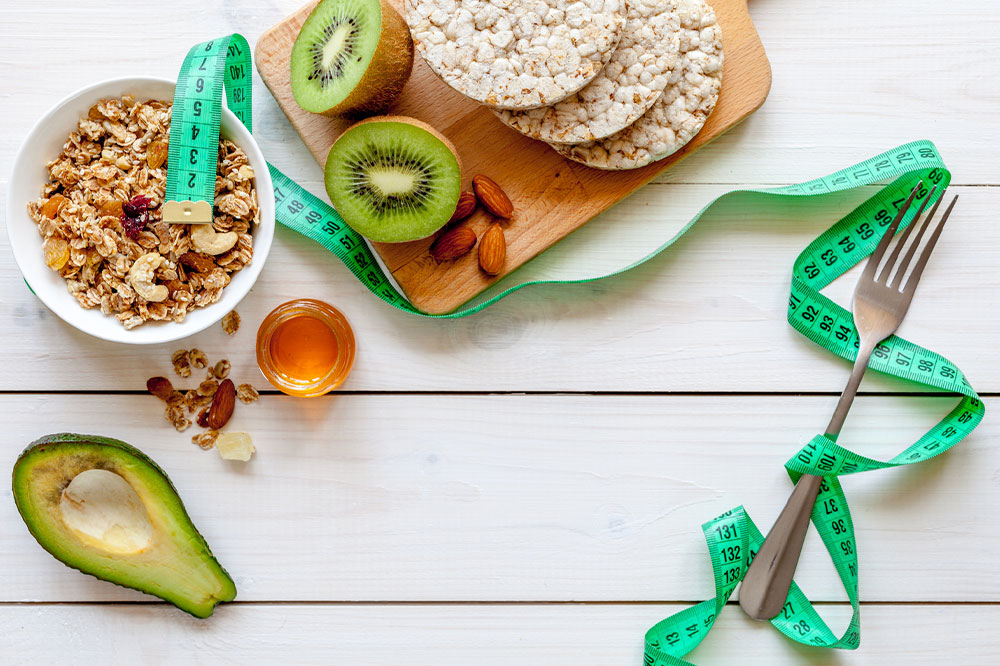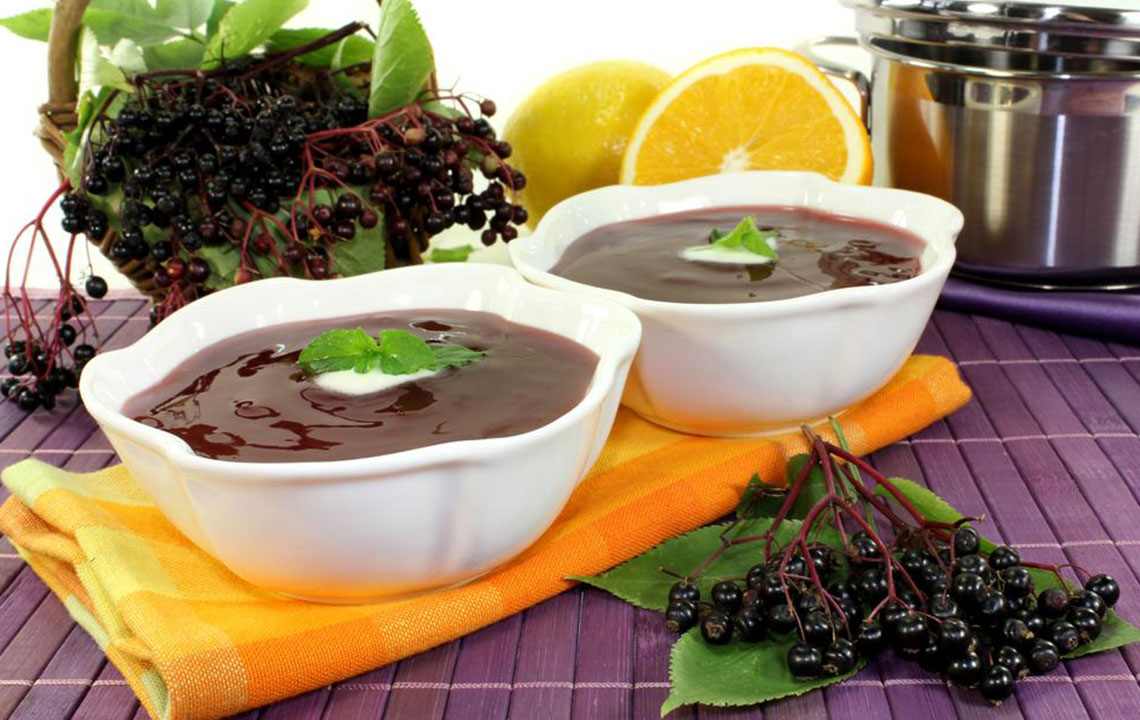Nutrition Tips for Stomach Upset Relief: The BRAT Diet Explained
This article provides a comprehensive overview of the BRAT diet, highlighting key foods to eat and avoid for effective recovery from stomach issues. It emphasizes gentle nutrition, hydration, and expanding beyond traditional foods to support gut health, making it a valuable resource for those managing nausea and diarrhea.

Nutrition Tips for Stomach Upset Relief: The BRAT Diet Explained
Managing symptoms like nausea and diarrhea requires careful dietary choices. Combining medical care with targeted nutrition can accelerate healing. The BRAT diet, consisting of gentle foods, is often recommended to ease gastric distress. This guide outlines the core components of the BRAT diet, highlighting foods to include and avoid for optimal comfort and recovery.
Understanding the BRAT Diet
The BRAT diet includes Bananas, Rice, Applesauce, and Toast. It’s tailored for those with digestive issues, offering bland, easy-to-digest nourishment during recovery phases.
Bananas
Bananas soothe the stomach by encouraging mucus production, which protects the lining against acids. They also help absorb excess intestinal liquids, reducing dehydration and managing diarrhea due to their fiber content.
Rice
Plain rice is a gentle, bland carbohydrate that calms an upset stomach. It helps slow intestinal activity and binds stool, making it beneficial during diarrhea episodes.
Applesauce
Applesauce provides quick energy with minimal digestive stress. Its soluble fiber promotes digestion, alleviates nausea, and reduces diarrhea flare-ups.
Toasted and Bland Foods
Dry, simple foods like toast, crackers, or breadsticks are stomach-friendly, easing nausea and adding bulk to stool without causing discomfort.
Recent insights favor expanding the traditional BRAT diet to include nutrient-rich foods. Diverse options improve flavor and nutrition while supporting stomach comfort.
Additional Dietary Guidance
Including soft proteins such as boiled eggs, oats, low-fat yogurt, and rice snacks boost digestion and gut health. Hydrating foods like melons, avocados, and steamed vegetables like carrots and squash supply essential nutrients and hydration.
Protein and Fluid Intake
Choose lean proteins like chicken, turkey, or tuna prepared simply. Hydration is crucial; water, coconut water, broth, and electrolyte drinks help replenish fluids lost during illness.
Foods to Limit or Avoid
Stay away from full-fat dairy, greasy meats, raw vegetables such as onions and cabbage, citrus fruits, caffeine, and sugary sodas with artificial additives, as these can worsen stomach irritation.


